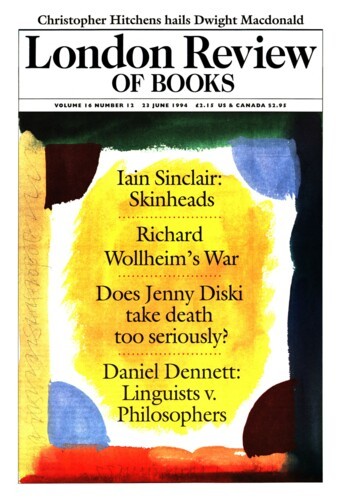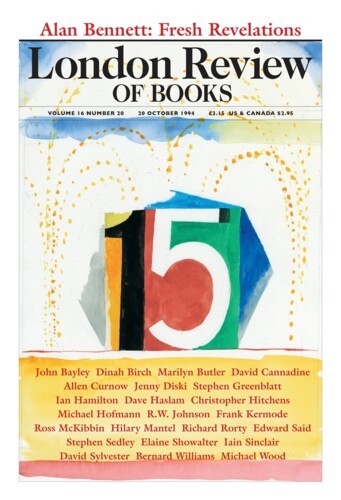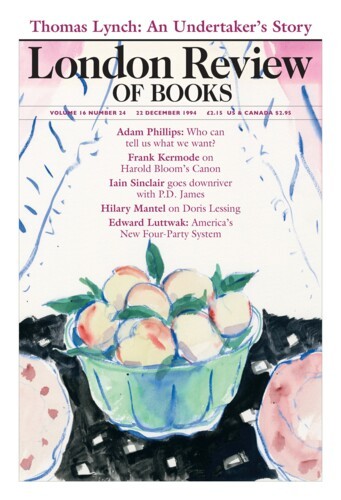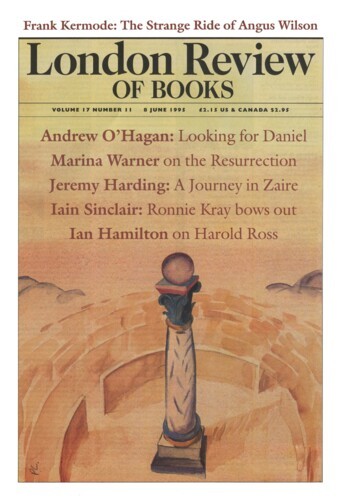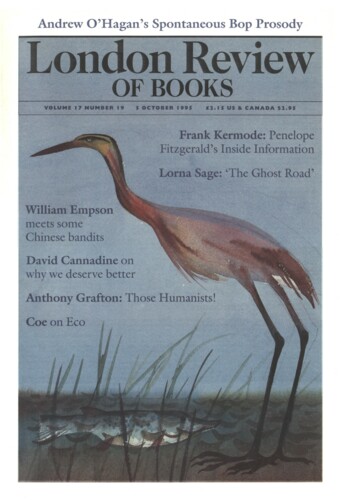Baroness James, making a rare visitation to a blighted metropolitan zone, downriver of Tower Bridge, has written a very useful book, a book on which I will be happy to draw for years to come. That was back in 1972. Title? The Maul and the Pear Tree; co-authored by T.A. Critchley of the Police Department at the Home Office, where James then earned her crust as a Principal in the Criminal Policy Department. She had previously produced four well-received mysteries and this was her first work of non-fiction (apart, presumably, from interdepartmental memos, annual reports and the like). The Maul and the Pear Tree was a spirited, effectively researched account of the infamous Ratcliffe Highway Murders of 1811; an account which offered, as an additional benefit, when the compulsory gloating over the crimes was accomplished, a persuasive sketch of the districts of Shadwell and Wapping in their maritime pomp – brothels, grog shops, provisioners, the bustle and fret of a crowd in perpetual motion, oysters at midnight, and all of it ‘bounded to the south by London’s dark blood stream, the Thames’. The book (a modest 234 pages) was anecdotal, speculative, inhabited. There was something going on. The past blistered seductively like the golden skin on a good Welsh rarebit. The project was a live one, working hard, after paying its respects, to defuse the purple excesses of Thomas De Quincey’s On Murder Considered as one of the Fine Arts. This is P.D. James at her best; the fastidious dabbling in horror, the forensic eye finding order in chaos. Now, 22 years later, with the oven-ready blockbuster, Original Sin, she returns to cover the waterfront, and the question has to be – what went wrong?’
1 more book reviewed
Baroness James, making a rare visitation to a blighted metropolitan zone, downriver of Tower Bridge, has written a very useful book, a book on which I will be happy to draw for years to come....
